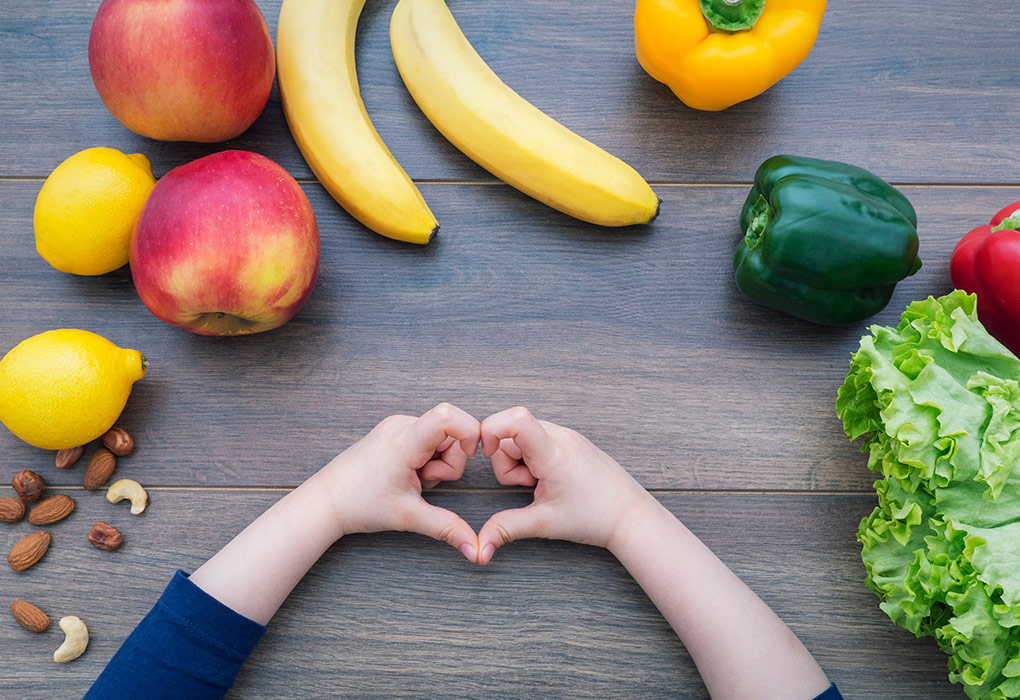provostbariatrics.com – A balanced diet is essential for children’s growth, development, and overall health. Children are in a phase of rapid growth, both physically and mentally, and providing them with a variety of nutrients helps them develop strong bones, healthy organs, and a robust immune system. But what does a balanced diet look like for kids?
Key Components of a Balanced Diet for Children
-
Fruits and Vegetables: Rich in vitamins, minerals, and fiber, fruits and vegetables should make up a large part of a child’s diet. They help in boosting the immune system and preventing diseases. Aim for at least 5 servings of fruits and vegetables each day, incorporating a variety of colors and types.
-
Proteins: Protein is vital for muscle development, cell repair, and overall growth. Good sources of protein include lean meats, fish, eggs, beans, and nuts. Vegetarian and vegan children can also benefit from plant-based proteins like tofu, lentils, and quinoa.
-
Whole Grains: Whole grains like brown rice, whole wheat bread, oats, and quinoa provide fiber and energy. They support digestion and help children feel full for longer, reducing the temptation for unhealthy snacks.
-
Dairy: Dairy products like milk, yogurt, and cheese are essential for calcium and vitamin D, which are important for bone health. For children who are lactose intolerant, fortified plant-based milks like almond or soy milk can provide similar benefits.
-
Healthy Fats: Healthy fats from sources like avocados, olive oil, and nuts are important for brain development. Fat also supports the absorption of fat-soluble vitamins like A, D, E, and K, which are crucial for vision, skin health, and immunity.
Hydration
Water is a crucial part of any balanced diet, and children need to stay well-hydrated throughout the day. Water supports digestion, nutrient absorption, and circulation. Encourage children to drink water regularly and limit sugary drinks, which can lead to weight gain and other health issues.
The Role of a Balanced Diet in Cognitive Development
Good nutrition is not only about physical health but also mental health. Children who eat a well-rounded diet perform better in school, have better concentration, and are more emotionally stable. Nutrients like omega-3 fatty acids, found in fish, play a role in brain function and memory. Iron and zinc, found in meats and legumes, are also essential for brain development.
How to Implement a Balanced Diet for Children
Parents and caregivers can help children adopt healthy eating habits by offering a variety of foods and avoiding making mealtimes stressful. Here are a few tips:
- Serve small, age-appropriate portions.
- Involve children in meal planning and preparation.
- Set a good example by eating healthy foods yourself.
- Offer snacks like fresh fruit, veggies with hummus, or yogurt instead of chips or sweets.
Conclusion
A balanced diet is the cornerstone of a child’s health and development. By providing children with a variety of nutrient-dense foods, parents can ensure that their children grow strong, healthy, and ready to take on the world!






